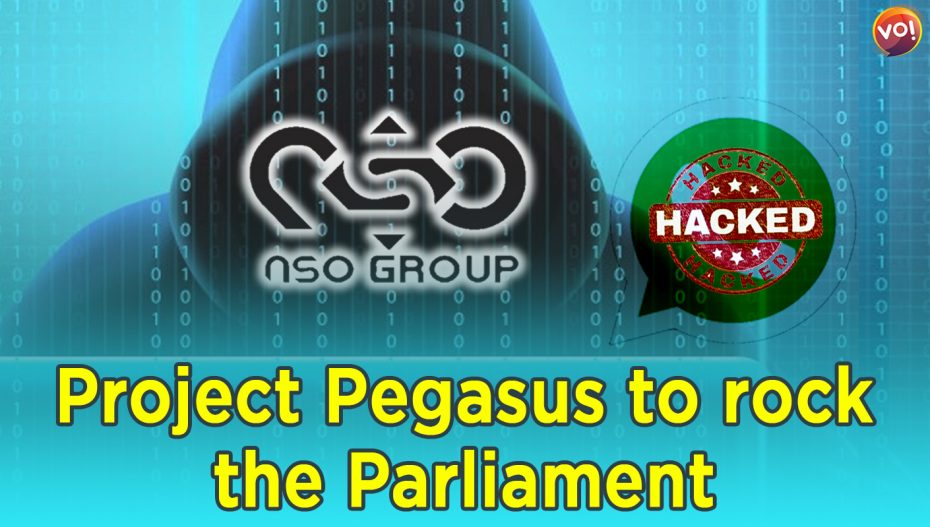The Indian government has dismissed a Washington Post report about orders to Apple Inc by government officials to soften the impact of a warning issued by the company about possible attempts by “state-sponsored attackers” to break into their iPhones and repeated attempts to target some journalists through the Pegasus spyware.
Apple’s (AAPL.O) warnings in October to Indian opposition politicians that government hackers may have hacked their phones prompted PM Modi’s administration to quickly demand the U.S. firm soften its message, the Washington Post reported.
Apple’s India representatives were called by administration officials who demanded that company help weaken the political impact of the warnings, the newspaper said.
An Apple security expert was also summoned from outside the country to a meeting in New Delhi and the expert was pressed to come up with alternative explanations for the warnings, it said.
The Indian opposition has accused Modi’s government of trying to hack the phones of senior opposition politicians who said they had received warning messages from Apple.
At the time, some of the lawmakers shared screenshots on social media of a notification quoting the iPhone manufacturer as saying: “Apple believes you are being targeted by state-sponsored attackers who are trying to remotely compromise the iPhone associated with your Apple ID”.
“This story is half facts, fully embellished. Left out of the story is Apple’s response on October 31 — day of threat notifications. The ministry of electronics and IT’s and my response to this incident has been consistent and clear — that it is for Apple to explain if their devices are vulnerable and what triggered these notifications. Apple was asked to join the enquiry with CERT-In and meetings have been held and enquiry is ongoing. Those are the facts. Rest of (the) story is creative imagination and clickbaiting at work masquerading as journalism,” minister of state for electronics and IT Rajeev Chandrasekhar posted on X.
In October, Apple had sent out messages, which were flagged by politicians from opposition parties and some journalists, about possible attempts to break into their phones. The Washington Post said government officials called Apple’s India representatives “to demand that the company help soften the political impact of the warnings”. Apple’s security expert was also called to the Capital for a meeting, “where government representatives pressed the Apple official to come up with alternative explanations for the warnings to users”.
After issuing the alerts, Apple had released a statement which said, “Apple does not attribute the threat notifications to any specific state-sponsored attacker. State-sponsored attackers are very well-funded and sophisticated, and their attacks evolve over time. Detecting such attacks relies on threat intelligence signals that are often imperfect and incomplete. It’s possible that some Apple threat notifications may be false alarms, or that some attacks are not detected. We are unable to provide information about what causes us to issue threat notifications, as that may help state-sponsored attackers adapt their behaviour to evade detection in the future.”
An investigation by Amnesty International and Washington Post has concluded that Siddharth Varadarajan, founding editor of The Wire, and Anand Mangnale, South Asia Editor at the Organised Crime and Corruption Report Project, were among the journalists targeted with Pegasus spyware on their iPhones.
Also Read: Gujarat Govt Withdraws Security Cover To 2002 Riots Witnesses












